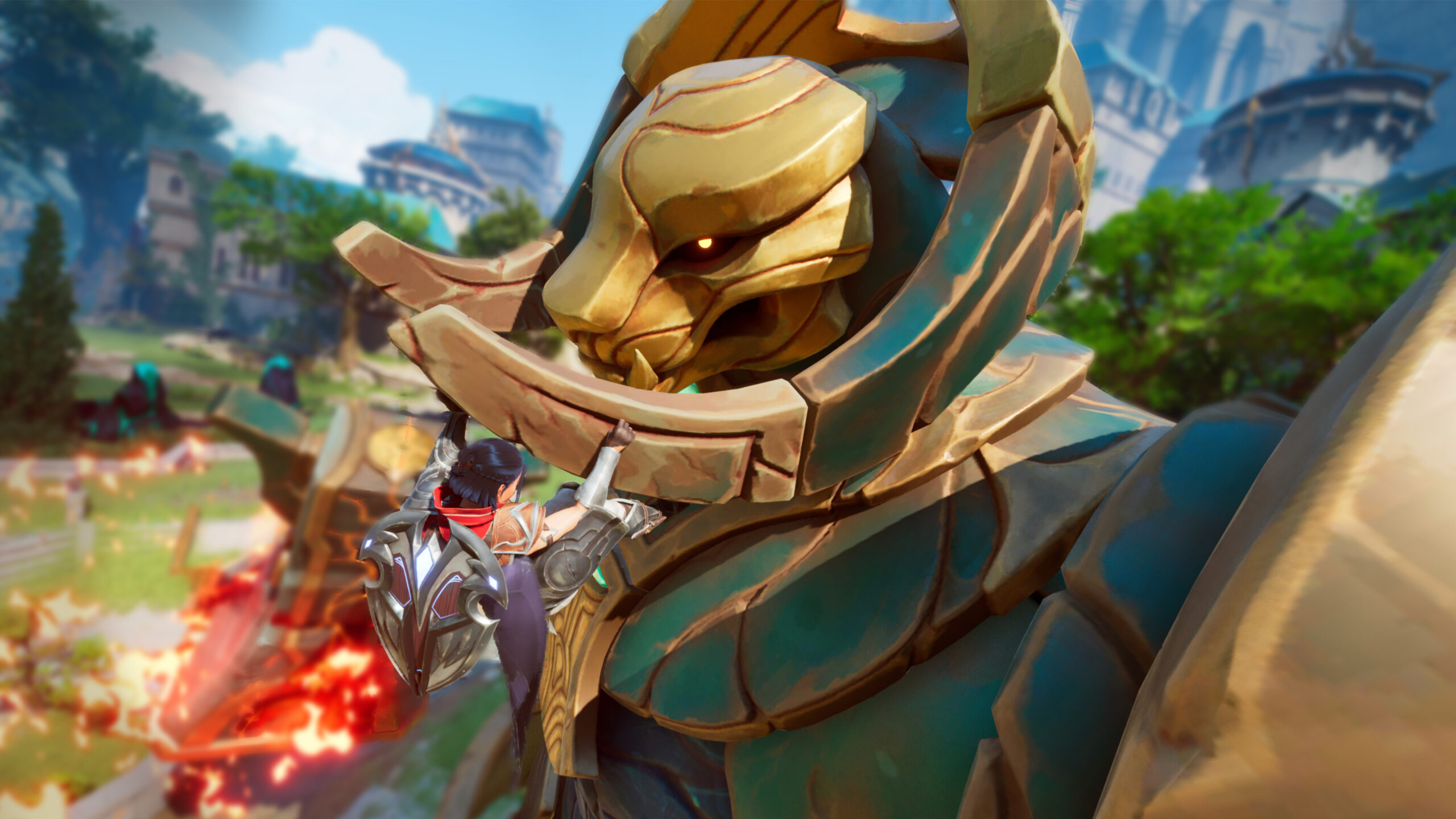You’re Samus By God Aran and you’ve been through everything. Space pirates, bird freaks, evil clones, you name it. Nothing can phase you. Nothing can bring you down. Wait. Wait. A parasite sucked on your shoulder and now somehow your suit doesn’t work? And now all the cool stuff you had is spread across this new place you’ve never been? Did the parasite put them there? Why did it do that?
I don’t actually think about this stuff when it’s happening and it truly makes no difference to me, the player, why my previously powerful protagonist is now a helpless baby. It’s fine. It’s a game. You need to get us started somewhere.
Some games do this in really funny ways. Death just zapping Alucard at the beginning of Symphony of the Night always gets a laugh out of me. Oh Ganandorf is kind of a different thing from Calamity Ganon and gloom is stronger than the last stuff? Whatever, man, I don’t have to ask questions like these! I just know that the Master Sword has traveled through time to get strong enough to kill a thing I’ve spent 143 hours making medicine that cures it.
Some games don’t even try! They just go straight to signposting the game’s controls and explaining the deeper mechanics directly to the player, not the protagonist. This is fine, too.
But when a game threads the needle and can clearly explain a mechanic that weaves beautifully into the story you’re trying to tell, that’s a sweet song. In Eternal Strands, the new action RPG that combines your favorite mechanics from your four or five favorite games, protagonist Brynn is a magic-using Weaver who just joined a new group of Weavers protecting the world against the forces of evil. At the beginning of the game, the group’s leader Oria asks if Brynn has any questions about the upcoming mission.
You, the player, have questions. So does Brynn, the protagonist. Oria says she’ll speak to the player via scrying table, which means little to the player but we can probably fill in the gaps, right? It’s how quest givers can stay in touch with the player without technology not found in a fantasy world like the one in Eternal Strands. Still, the dialogue option appears to have Brynn ask “This might be a little strange, but…Ask her to explain the scry.”
In a game made my folks who care less, a tooltip might’ve popped up or Oria might’ve chided Brynn for not knowing something so basic in their world. Instead, former creative director of Dragon Age Mike Laidlaw’s team at Yellowbrick Games took the time to create a reason why Brynn wouldn’t know that allows Oria to slide seamlessly into a rare role: the compassionate boss.
Brynn’s former leader would wear the “earpiece” needed to communicate but wouldn’t care enough about the well-being of the Weavers in the field to stay close to the table itself. Oria notes how unbelievably dangerous this is for the Weaver and its creates a familiar feeling for any of us that ever had a shitty boss and then had a better boss who showed us just how shitty the shitty boss actually was.
It’s small, but so clever. The player is now aware of what the scrying table means in terms of moment to moment gameplay and Brynn understands a vital part of her perilous world no one took the time to explain until now. Good stuff!
I haven’t played enough of Eternal Strands to make a full judgment yet, but if you’re into Dragon’s Dogma, Dragon Age, and a narrative team that really seems to care about the world they’ve created, you should check it out.









